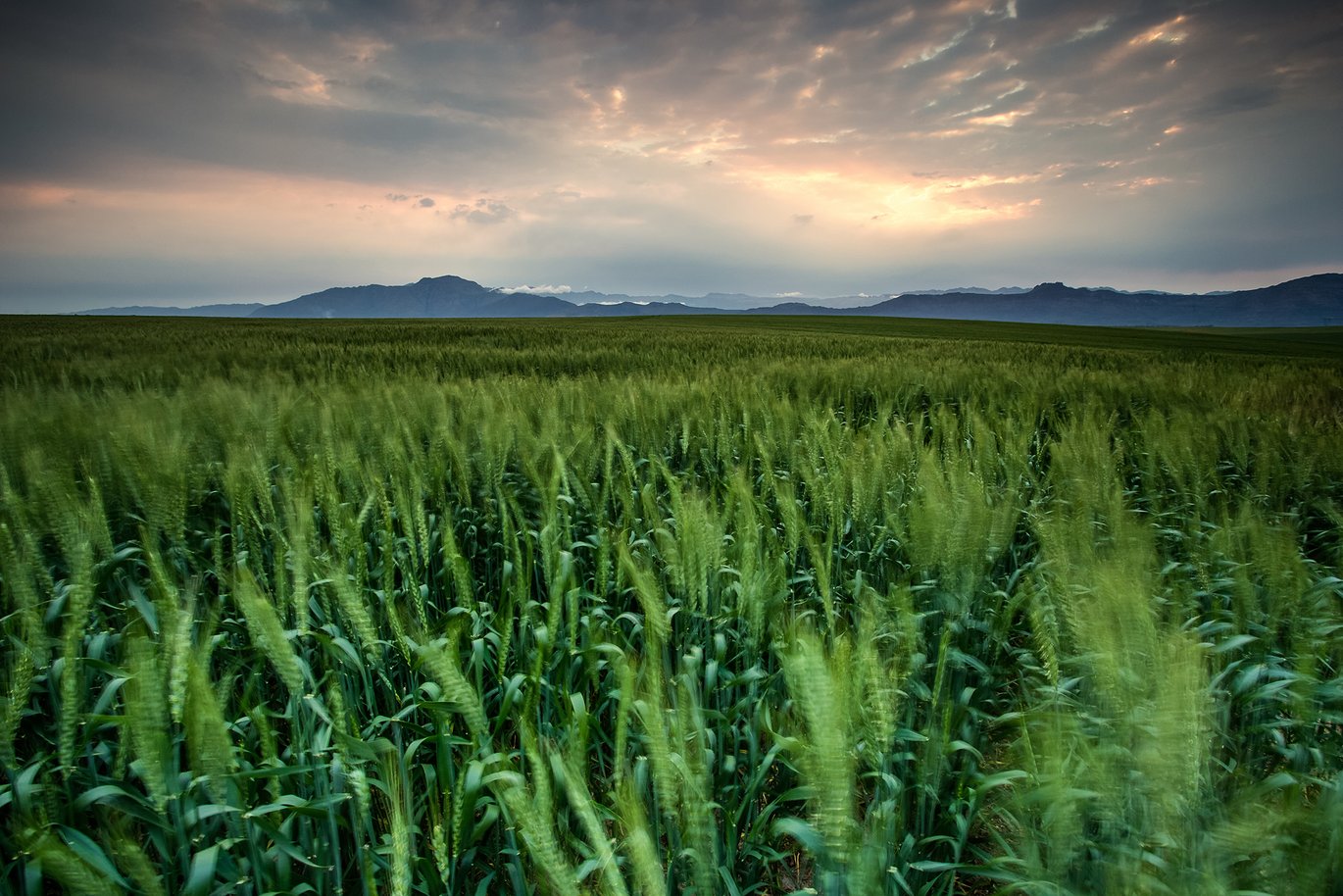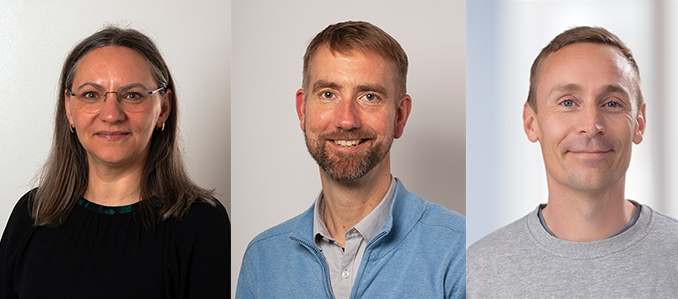Researchers aim at developing self-fertilizing crops
Researchers from the Department of Molecular Biology and Genetics at Aarhus University take part in an international research network, ENSA, which focuses on improving nutrient uptake by plants to reduce the need for fertilizer. The network has just received a total grant of USD 35 million from Bill & Melinda Gates Agricultural Innovations program, of which Aarhus University receives USD 4 million.

This article is based on a press release from Bill & Melinda Gates Agricultural Innovations.
The grant will support the Engineering Nitrogen Symbiosis for Africa (ENSA) research program over the next five years. ENSA scientists are engineering plants to maximize the naturally occurring symbioses between plants and beneficial fungi or bacteria. The aim of the project supported by Bill & Melinda Gates Agricultural Innovations (Gates Ag One) is to develop self-fertilizing crops for African farmers.
According to the UN, as much as 65% of productive land in Africa is considered degraded, which means crop yields are only around a third of the global average. Fertilizer is often a costly and inaccessible resource for many smallholder farmers in Africa, which accounts for just 4% of global fertilizer consumption and relies heavily on exports from Russia, while the ongoing war in Ukraine has driven up prices by up to 150%. Developing crops with greater ability to take in nutrients through natural processes would therefore automatically increase yields without the need for fertilizer.
ENSA’s work optimizes the interactions between crops and microorganisms to make better use of key nutrients already present in the air and the soil, such as nitrogen and phosphorus. At present, only legumes like beans and peas can naturally accommodate soil bacteria in their cells to convert nitrogen into ammonia. Replicating this ability in other crops, such as cereals, would sustainably increase yields of critical staple foods.
About Gates Ag One
Gates Ag One is a not-for-profit subsidiary of the Bill & Melinda Gates Foundation, which was created to leverage global crop science to meet the needs of smallholder farmers in Africa and South Asia. It focuses on accelerating research that enhances the biological processes of six priority food crops: cassava, cowpea, maize, rice, sorghum, and soybean.
About ENSA
ENSA is a Cambridge-led international collaboration with partners: University of Oxford, UK; NIAB, UK; Royal Holloway University of London, UK; Aarhus University, Denmark; Wageningen University and Research, The Netherlands; University of Freiburg, Germany; University of Toulouse III Paul Sabatier, France; University of Illinois, USA; Pennsylvania State University, USA.
More information
Associate Professor Simona Radutoiu - radutoiu@mbg.au.dk
Associate Professor Stig Uggerhøj Andersen - sua@mbg.au.dk
Associate Professor Kasper Røjkjær Andersen - kra@mbg.au.dk
Department of Molecular Biology and Genetics
Aarhus University, Denmark

